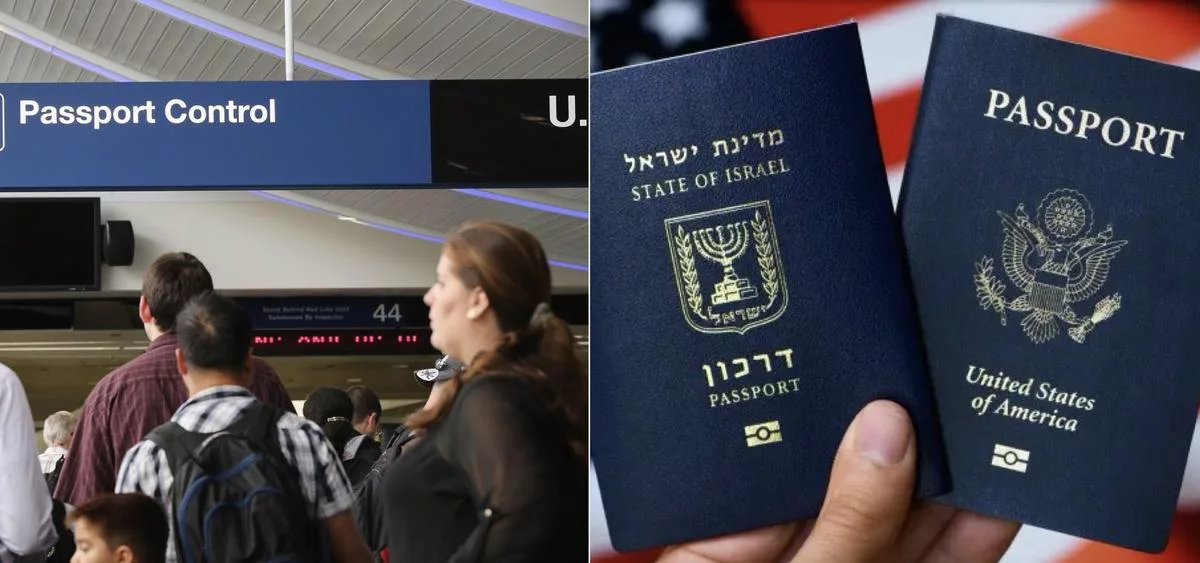Reflect on the erosion of reproductive rights following the Dobbs decision and its profound implications. Emphasize the importance of public engagement and advocacy in safeguarding fundamental healthcare choices for women in the United States.

Photo Credit: Wikimedia Commons
Exactly one year ago, the U.S. Supreme Court made a landmark decision in the case of Dobbs v. Jackson Women’s Health Organization, effectively ending the constitutional right to abortion that had been in place for nearly five decades. Since then, the repercussions of this ruling have been felt across the country, leading to a patchwork of laws and a surge in legal and political battles over reproductive care. In this article, we delve into the aftermath of the Dobbs decision, highlighting key developments and the ongoing fight to protect abortion access.
President Biden’s Commitment to Reproductive Rights:
President Joe Biden, recognizing the threat to abortion rights, addressed the issue during a campaign rally held in Washington, D.C., alongside prominent abortion rights organizations. He emphasized the need to restore the protections established by the landmark Roe v. Wade decision and called on the public to support this cause.
State-Level Abortion Bans and Trigger Laws:
Following the overturning of Roe v. Wade, a wave of abortion bans went into effect in several states. Trigger laws, which automatically activated pre-existing bans upon Roe’s repeal, took immediate effect in at least 13 states. Additionally, several states passed strict abortion bans, further limiting access to this essential healthcare service. These developments have prompted numerous legal challenges and debates about the extent of states’ authority to regulate reproductive care.
The Dobbs decision has galvanized both supporters and opponents of abortion rights, significantly influencing national politics. Democrats seized upon the ruling as an opportunity to mobilize voters who support Abortion rights, contributing to their success in the 2022 elections.
Executive Order on Contraception:
In a significant move to enhance access to contraception, President Biden signed an executive order. The order encourages federal agencies to consider new guidance for private health insurance companies, ensuring continued coverage of contraception as mandated by the Affordable Care Act. Additionally, the order aims to expand access to contraception under Medicare, Medicaid, and for service members, veterans, and federal employees.
Reproductive health organizations welcomed the executive order as a step towards increasing the accessibility and affordability of contraception. However, concerns were raised regarding the lack of specific deadlines and requirements for implementation. The National Family Planning and Reproductive Health Association urged the administration to address existing challenges in healthcare access and take concrete steps to protect and expand contraception services.
Congressional Efforts:
To safeguard access to contraception, Democrats in Congress reintroduced a bill aimed at preserving birth control access in case the Supreme Court overturns decisions related to reproductive choices. However, the bill’s passage remains uncertain due to the divided nature of Congress. Nevertheless, these efforts demonstrate the commitment of lawmakers to protect reproductive rights.
Multiple ballot initiatives aimed at enshrining abortion rights in state constitutions saw significant victories, demonstrating strong public support for protecting access to abortion.
Ballot Initiatives for and Against Abortion Protections:
In response to the Dobbs decision, reproductive rights advocates launched ballot initiatives in several states to secure abortion protections within state constitutions. These initiatives enjoyed resounding success, winning in all six states where they were held, even in conservative-leaning states. However, opponents of abortion rights have countered with efforts to restrict citizens’ ability to propose ballot measures, potentially hampering future pro-choice initiatives.
Interstate Care and Travel Restrictions:
Lawmakers in some states, particularly those with more progressive policies, have enacted abortion protections to not only safeguard their own residents but also provide access for individuals from neighboring states with restrictive abortion laws. However, as some states tighten regulations, including penalties for assisting in out-of-state abortions, the ability to seek reproductive care across state lines has become increasingly challenging. This has created a pressing need for comprehensive protection of abortion rights on a broader scale.
The past year has seen a significant erosion of reproductive rights in the United States following the Dobbs v. Jackson Women’s Health Organization decision. The resulting legal battles, state-level bans, and political mobilization have brought the issue of abortion access to the forefront of public consciousness. While supporters of reproductive rights continue their fight to protect access to abortion, the challenges ahead highlight the importance of public engagement and advocacy in safeguarding fundamental healthcare choices for women across the country.
Stay connected with Today On Globe for the latest Global Issues and News Updates.
Explore more related articles at [TOG News / TOG Article]













